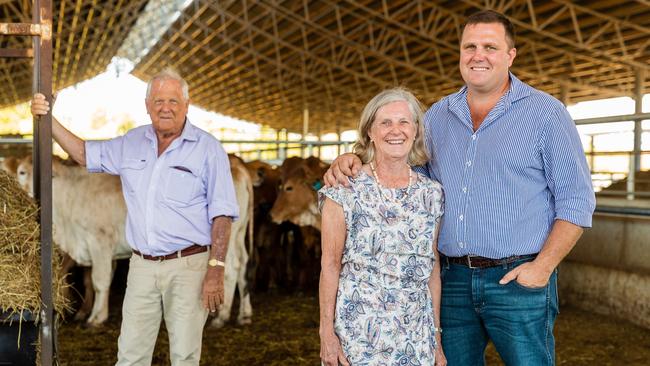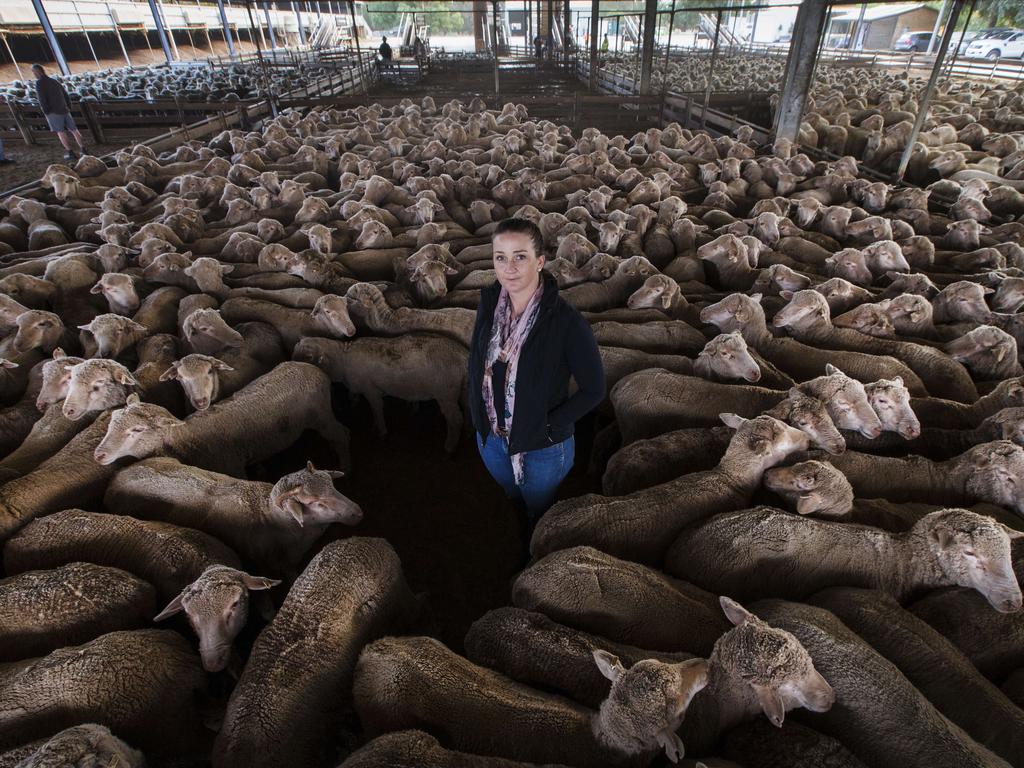Labor’s Indonesian live export ban to cost millions
Federal court finds former minister Joe Ludwig committed misfeasance by banning exports to Indonesia in 2011.

Taxpayers are expected to have to fork out hundreds of millions of dollars in damages after a judge found former Labor agriculture minister Joe Ludwig’s 2011 live cattle export ban was “capricious and unreasonable” and exceeded his legal authority.
In a landmark Federal Court ruling delivered on Tuesday, Justice Steven Rares concluded Mr Ludwig committed “misfeasance”, a technical term of the wrongful exercise of the law, believed to be the first such finding against a federal minister.
The decision in a lengthy class action case spearheaded by members of the family-owned Brett Cattle Company paves the way for hundreds of primary producers across Northern Australia to receive compensation from the federal government. The total value of their claims has previously been estimated at around $600 million.
Hamish Brett who runs Brett Cattle Co. said the court victory — revealed nine years to the day after the first ban on live cattle exports to Indonesia was announced — had been a long time coming. “A lot of people were affected, from truck drivers to vets to export yards to feed people to people working on the places,” Mr Brett said.
“It’s good to finally get a great result, and I hope this goes across the border to Indonesia to show our trading partners that we realise that it was a bad decision by our government, and they’re going to pay the price.”
Mr Ludwig suspended the live export trade with Indonesia in response to a public outcry over footage collected by activists and broadcast by the ABC program showing Australian cattle being brutally mistreated in some foreign slaughterhouses.
While acknowledging the cruelty, Justice Rares decided Mr Ludwig had acted without appropriate advice and knowing it would be costly for the industry.
He also knew that alternative, more-humane slaughterhouses were already available. “He made the ban order shutting his eyes to the risk that it might be invalid and to the damage that it was calculated to cause persons in the position of Brett Cattle,” he said.
Queensland senator Matt Canavan, a former Coalition minister, said the government should “accept this decision and provide some reasonable compensation”.
However, Agriculture Minister David Littleproud declined to comment except to say he would “work through” the judgement.
Robi Agustiar, an Indonesian cattle industry consultant who at the time of the ban was a key industry figure and head of the Indonesian Animal Science Society, described the ban as “dramatic” but said some good has come of it.
“After it happened, we in the industry started to talk about how to handle animal welfare issues, how to implement it in the feedlots and abattoirs,” he told The Australian.
“There was a lot of effort put into that because we needed the trade to continue. We spent a lot of money and learned a lot. It was a struggle, but now I think Indonesia understands that animal welfare must be a priority.
Animals Australia strategy director Lyn White defended activists’ role in exposing slaughterhouse practices like roping, eye-gouging and tail breaking and attacked export industry bodies for allowing them to go unaddressed.
“It should not be forgotten that the brutality Australian cattle faced in Indonesia was widespread and well known to exporters and Meat and Livestock Australia for over a decade,” Ms White said. “It was they who let cattle producers down, not the government.”
Labor’s agriculture spokesman, Joel Fitzgibbon, said: “We acknowledge and respect the court’s decision.”
“On becoming minister in 2013, I was asked about this issue on a number of occasions, and I expressed deep regret at the economic impact on producers and others in the value chain,” Mr Fitzgibbon told The Australian.
He was not in cabinet when the 2011 decision was made.
Mr Ludwig, now a barrister in Queensland, did not respond to a request to comment. He did not provide evidence or a statement to the Federal Court proceedings.
Additional reporting: Amanda Hodge, Chandni Vasandani







To join the conversation, please log in. Don't have an account? Register
Join the conversation, you are commenting as Logout